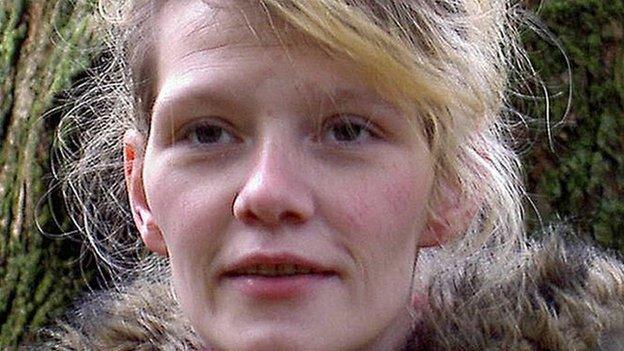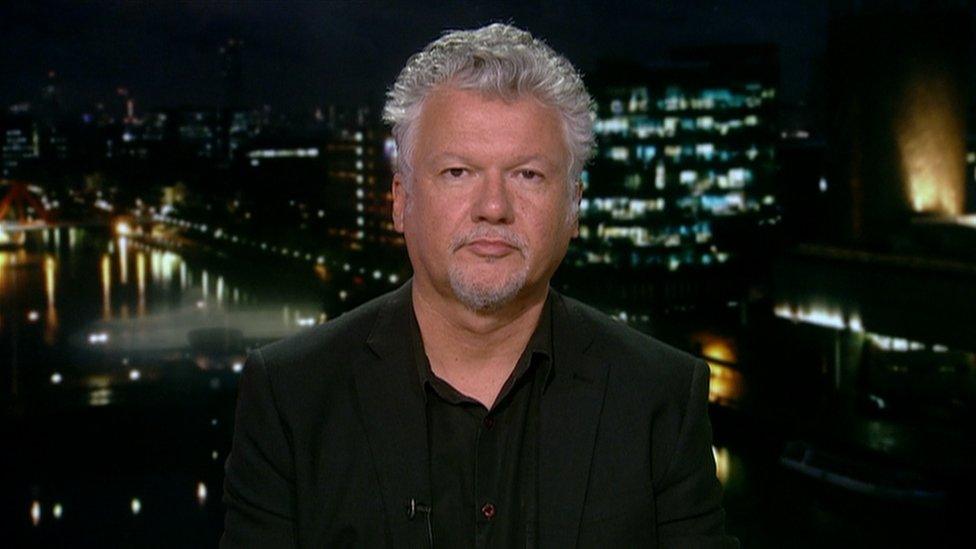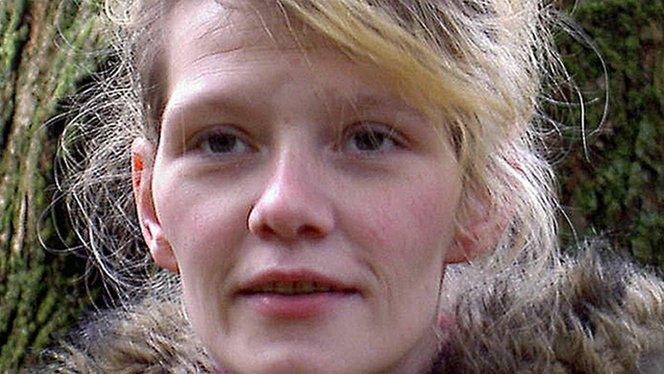Police Scotland 'broke spying rules', watchdog rules
- Published

Police Scotland was found to have breached guidelines in applications to access communications data
A watchdog has ruled that Police Scotland broke rules to obtain details of a journalist's sources.
The Interception of Communications Commissioner said the force had obtained communications data without judicial approval on five occasions.
Sir Stanley Burnton said the "failures", which affected four people, could "properly be viewed as reckless".
Police Scotland said it had taken "robust and rigorous steps" to comply with requirements in future.
The Interception of Communications Commissioner's Office (IOCCO) launched an investigation in July to determine whether Police Scotland had contravened a new code of practice for communications data introduced earlier this year.
The review is understood to relate to the murder of Emma Caldwell in 2005. A re-investigation of the case had been ordered in May this year.
Communications data
The watchdog said it was "evident" that police had made applications to access communications data in order to determine a journalist's source, or an intermediary between a journalist and a source.
The report said Police Scotland's applications "failed to satisfy the requirements of necessity and proportionality" or to give due consideration to the European Convention on Human Rights.
Police said none of the four people identified as being affected was a journalist.

The review is understood to relate to the murder of Emma Caldwell in 2005
Police Scotland's response to the IOCCO investigation was overseen by Assistant Chief Constable Ruaraidh Nicolson.
He said there was no evidence that the breaches had been "an intentional act".
He said: "A detailed action plan was put in place as soon as the issue was highlighted by IOCCO and no further recommendations have been made to Police Scotland.
"IOCCO has also commented on the robust and rigorous steps Police Scotland has taken to ensure processes for all applications for communications data are fully compliant with the Code of Practice and all legislative requirements."
'Unacceptable breach'
Scottish justice secretary Michael Matheson said HM Inspectorate of Constabulary in Scotland had been asked to review "the robustness of procedures around Police Scotland's counter-corruption practices".
He said: "Any breach of the Code of Practice in this area is unacceptable and I expect Police Scotland to comply fully with any recommendations made by IOCCO.
"A free press is the cornerstone of a healthy democracy and we are committed to protecting the privacy of all law-abiding members of the public, including journalists."

Journalist Eamon O Connor said he was "extremely concerned" his sources may have been under surveillance
Journalist Eamon O Connor was working on an investigation into the Emma Caldwell inquiry in April 2015 when the breaches occurred.
He spoke to former police officers in the course of his investigation, and said the breaches struck at the heart of journalistic freedoms.
He said: "I'm extremely concerned that any source I've been in touch with might have had their communications improperly put under surveillance without judicial approval.
"None of the people I spoke to were interested in anything but getting to the truth about why things had gone so terribly wrong in the Emma Caldwell inquiry."
Mr O Connor also questioned how, if no journalists had been spied upon, the police knew who their sources were in the first place.
'Destroying public trust'
Scottish Liberal Democrat justice spokeswoman Alison McInnes said Police Scotland and the Scottish government should be held to account over the findings.
She said: "It is not just reckless, it is outrageous that police officers thought they were above the law and simply reinforces the need for a wider inquiry into the workings of Police Scotland. By intruding on confidential exchanges without judicial approval they risk destroying the public's trust in a body that should be focusing on protecting our communities."
Margaret Mitchell of the Scottish Conservatives said it was "hugely concerning to now have confirmation that police have been spying on journalists".
Scottish Labour justice spokesman Graeme Pearson said the "reckless conduct" fell "well below the standards we expect of our police service".
He said: "These breaches must have been approved at a very senior level by someone. I want to know who, why, when and where these approvals were sought and authorised."
- Published6 August 2015

- Published5 August 2015

- Published24 May 2015
